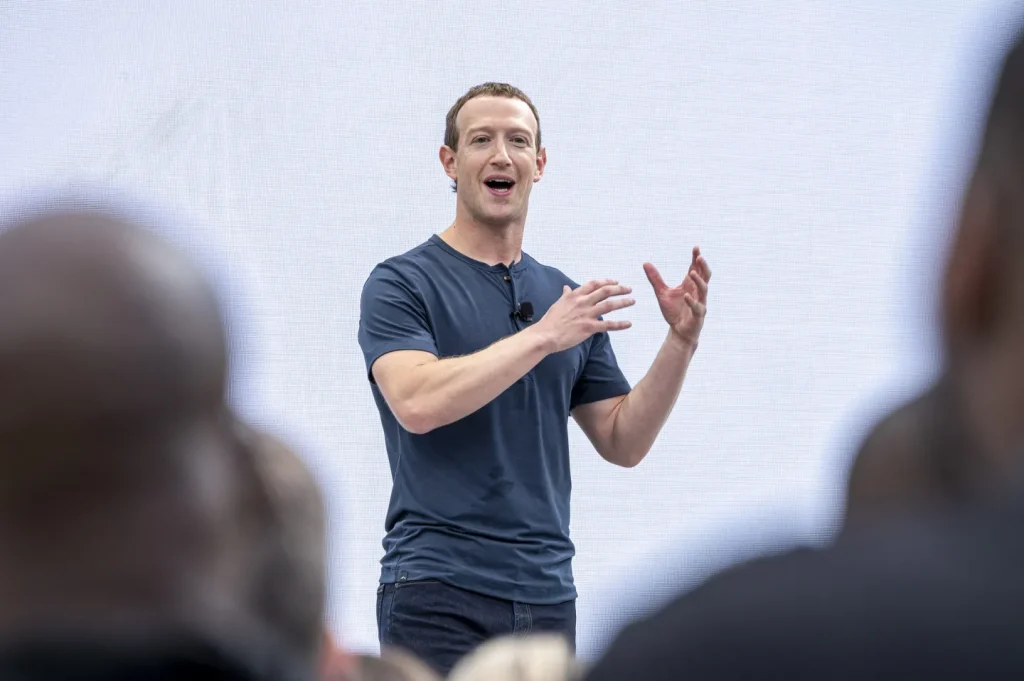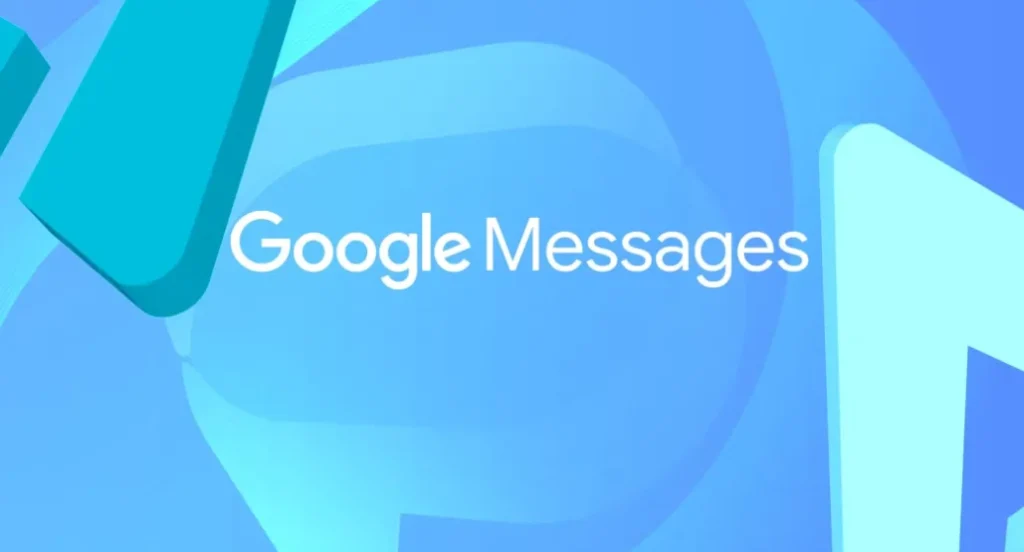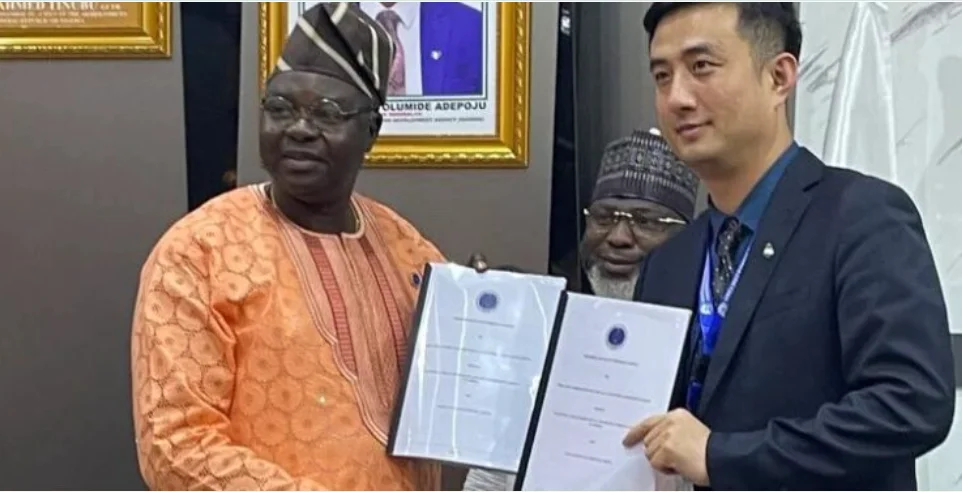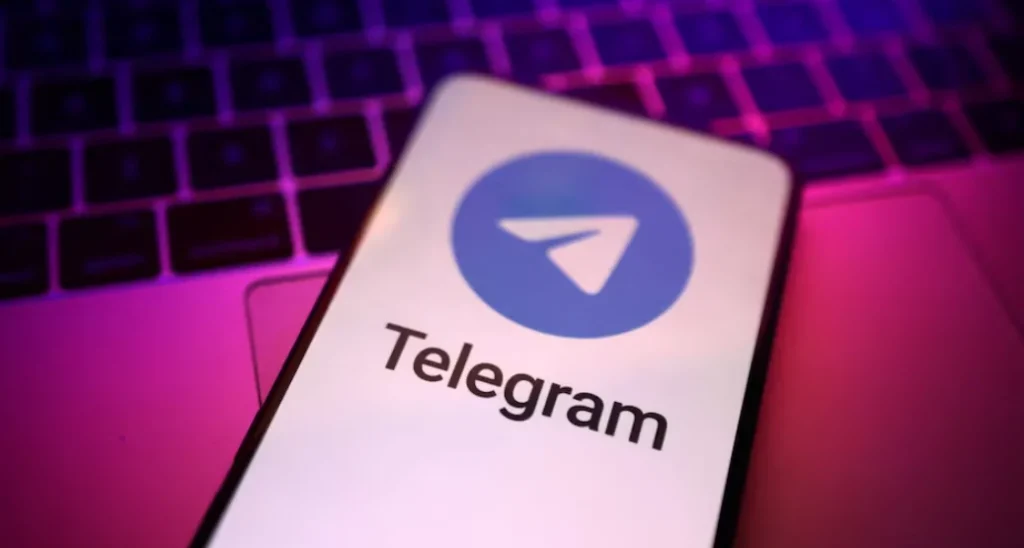The U.S. Federal Trade Commission (FTC) launched its high-profile antitrust case against Meta on Monday in Washington, D.C., kicking off a legal battle that could result in the tech conglomerate being forced to divest Instagram and WhatsApp. The FTC argues that Meta, formerly known as Facebook, unlawfully acquired the two platforms to eliminate competition and solidify its grip on the social networking market.
Meta purchased Instagram, a photo-sharing app, for $1 billion in 2012, and WhatsApp, a messaging service, for approximately $22 billion in 2014. The FTC contends that these acquisitions were part of a calculated effort to stifle emerging threats and monopolize the personal social networking industry in the United States. In a bid to restore healthy competition, the commission seeks a court order compelling Meta to relinquish ownership of both assets.
The trial, overseen by Judge James Boasberg, is expected to run for up to 37 days and could extend into early July. If Meta is found liable, a subsequent trial focusing on remedies may follow next year. However, any rulings are likely to be contested, potentially delaying a final resolution for years. Consequently, Instagram and WhatsApp will not be put up for sale in the immediate future. Still, the looming threat of losing two major revenue-generating platforms reportedly pushed Meta CEO Mark Zuckerberg to explore a potential settlement with former President Donald Trump and top White House officials, though those negotiations have yet to yield results.
The FTC’s Legal Argument
The FTC’s case hinges on two core assertions. First, the commission must convince the court that Meta has maintained a long-standing monopoly in the personal social networking space. The FTC defines this market as services connecting people to family and friends, such as Snapchat and MeWe, while excluding platforms like YouTube and TikTok, which it claims serve as entertainment hubs rather than social connection tools. Between 2012 and 2020, Facebook reportedly controlled more than 80% of users’ time spent on such platforms within this specific market category.
Second, the FTC must demonstrate that Meta’s acquisitions of Instagram and WhatsApp directly harmed competition. According to internal company emails, Zuckerberg expressed concerns that these growing platforms posed a threat to Facebook’s dominance. One message infamously noted that it was “better to buy than compete.” The FTC claims these acquisitions allowed Meta to buy time while developing its own features, effectively neutralizing competitive threats and discouraging future innovation.
The lawsuit further argues that by eliminating these rivals, Meta reduced incentives to maintain high-quality user experiences, weakened data privacy standards, and imposed higher costs on advertisers. The deals allegedly signaled to other startups that they stood little chance of thriving independently, further deterring competition in the sector.
What the FTC Hopes to Achieve
The FTC’s main objective is to reinvigorate market competition. This could involve forcing Meta to divest Instagram and WhatsApp, a move that would significantly impact the company, especially since Instagram reportedly contributes to over half of its U.S. advertising revenue. Other remedies could include restricting Meta from pursuing similar acquisitions in the future.
Meta’s Response and Legal Strategy
Meta’s defense centers on its belief that the FTC’s definition of the relevant market is too restrictive. The company argues that its competitors include a wide range of platforms, including TikTok, YouTube, and other social apps. Factoring these platforms into the equation, Meta claims, nullifies the monopoly accusation.
Moreover, Meta contends that the FTC has failed to provide concrete proof that its acquisitions negatively affected users or advertisers. Company lawyers argue that both Instagram and WhatsApp thrived precisely because of Meta’s resources and expertise. In court filings, Meta’s legal team asserted that the FTC must show that consumers would have had more or better options without the acquisitions—a burden they believe the agency cannot meet.
Meta also disputes the relevance of internal communications referencing competition concerns, arguing that corporate intent is immaterial. The key issue, Meta insists, is whether the current market is less competitive than it was prior to the acquisitions.
Trump’s Role and Political Undertones
The FTC initially brought the lawsuit during the final months of Trump’s first term, when Republicans held a 3-2 majority on the commission. Despite some internal dissent—two Republican commissioners voted against filing the suit—the case moved forward.
After returning to office in January for a second term, Trump appointed Andrew Ferguson as FTC chair. He later dismissed two Democratic commissioners, who are now suing over what they claim was an unlawful action. Presently, the commission consists of Ferguson and two other Republicans.
Previously, Trump accused Meta of silencing conservative voices, particularly following his ban from Facebook in 2021. However, in recent months, Zuckerberg has taken steps to address GOP concerns, including modifying content moderation policies and intervening in Trump’s lawsuit against Meta. The company also made financial contributions to Trump’s second inauguration.
These developments have led to speculation that Trump could pressure the FTC to drop the case. Ferguson has stated he would comply with a legal directive but has offered no additional details.
Democrat Rohit Chopra, one of the original commissioners who backed the case, emphasized the importance of transparency. He warned against a superficial settlement, saying that the allegations deserve full judicial scrutiny.
Initially, attorneys general from 50 states and territories joined the case. However, Judge Boasberg later dismissed their participation, citing an expired deadline for state lawsuits—though the FTC’s case remained unaffected by that limitation.
If Meta Loses: What Comes Next?
Should the court rule against Meta, a separate hearing would determine how to dismantle the acquisitions. The FTC could advocate for an orderly breakup overseen by the court. This would likely involve extensive negotiations over how to decouple services that Meta has increasingly integrated, such as allowing users to share content across its platforms.
Howard University law professor Andrew Gavil noted that the challenge would be technical, not financial. Early investors and employees who profited from the sales of Instagram and WhatsApp would not be asked to return their earnings. Instead, the companies would be spun off based on their current form—not their state at the time of acquisition.
Judge Boasberg may also draw on the example of another antitrust case involving Google, which is facing a separate trial this year that could result in a forced divestiture of services like Chrome. Historically, such breakups are rare, and even cases headed in that direction often result in partial settlements. One such instance involved a prosthetics company, where only some portions of the deal were undone.
If the judge orders Meta to divest, the court could appoint a trustee to manage the sale of Instagram and WhatsApp, ensure fair bidding, and potentially force Meta to provide free access to certain technologies or user data. The court may also temporarily halt Meta’s efforts to develop rival services.
Who Has the Advantage?
The outcome remains uncertain, especially as testimony from key players—such as Zuckerberg, former COO Sheryl Sandberg, and various competitors—has yet to be heard. Legal scholars like Gavil suggest that the FTC enters the trial as the underdog. He observed that proving consumer harm in this case may be challenging, which weakens the agency’s overall argument.
Judge Boasberg has previously expressed skepticism about some FTC claims, even suggesting that the case pushes the limits of existing antitrust laws. Nevertheless, he has allowed the trial to proceed, signaling that the commission has at least established a viable argument.
Ultimately, this case could reshape how regulators approach mergers and acquisitions in the tech industry. A ruling against Meta would send a clear warning to other tech firms contemplating aggressive buyouts of potential rivals. Conversely, a win for Meta might reaffirm the status quo—where big tech firms continue to expand through strategic acquisitions with limited government interference.












